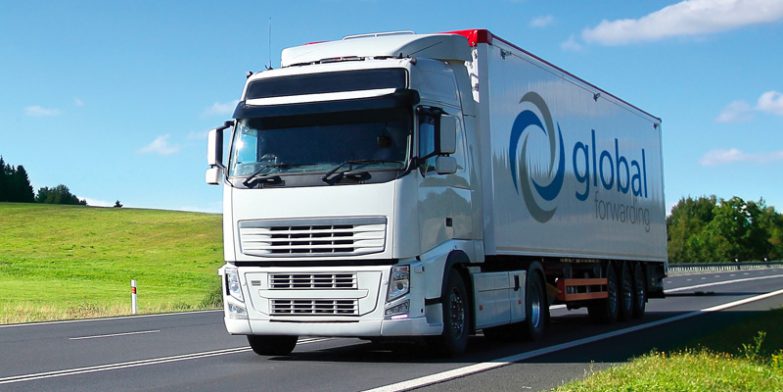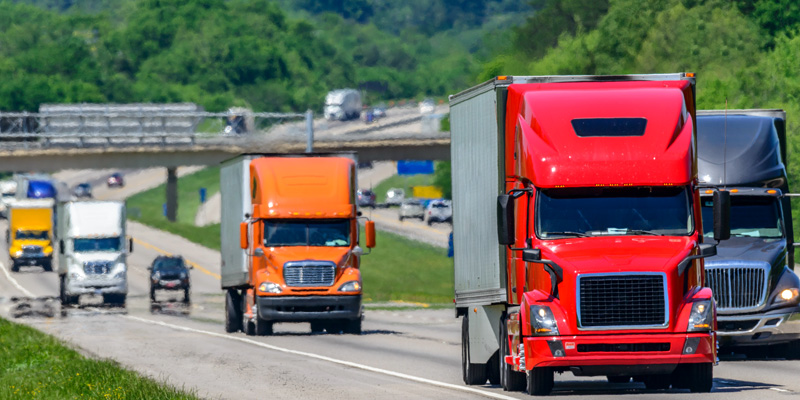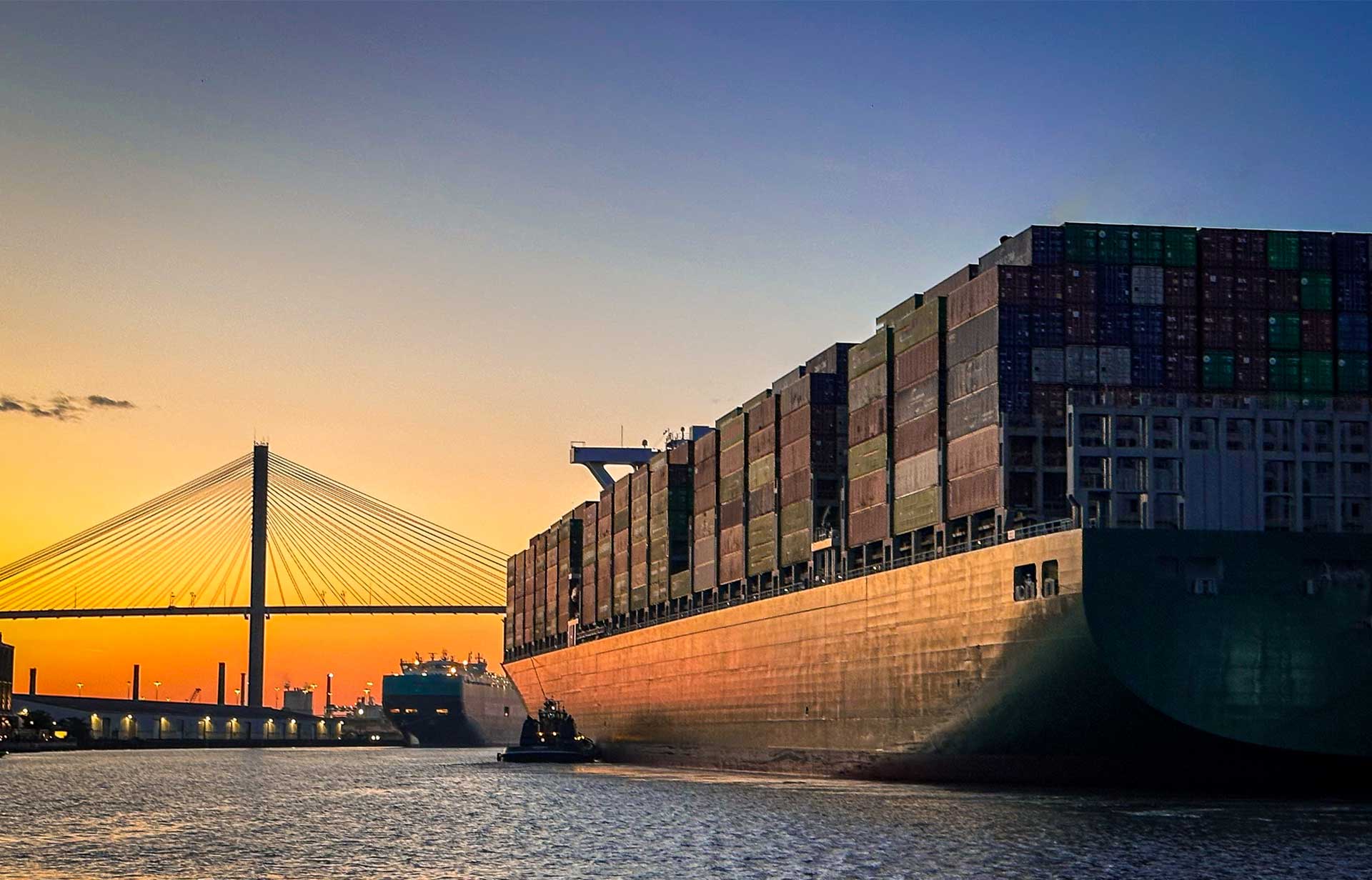
Schengen countries are tightening up security at external borders and Imperial College calculate it could result in 30 mile traffic jams at Dover and five hour queues at the Eurotunnel.
The Port of Dover, Eurotunnel, Logistics UK and a host of industry bodies have lobbied the government with serious concerns about the EU’s biometric entry system, due to come into effect next May.
The UK short straits, the trading routes across the narrowest parts of the English Channel, are a vital asset in Britain’s supply chain, with 59% of all UK-EU trade passing through the straits, with the vast majority moving via Dover (33%) and Eurotunnel and maintaining their operational capacity is key to facilitating and maximising international trade.
The EU’s impending Entry Exit System (EES) will require all non-EU citizens – including commercial vehicle drivers – to exit their vehicles at French border controls, at the UK border to undertake passport checks, which will inevitably delay cargo movements and potentially jeopardise just-in-time supply chains.
MPs on the transport select committee have been briefed that with less than six months before the introduction of new biometric checks, Dover and other channel port do not know the rules and procedures that will apply.
Port bosses told MPs that they haven’t seen the process and don’t know what technology will be used, which means it is very difficult to estimate how long the processing will take.
Time is needed for ports to trial, test and train to use the technology before implementation, so that it operates properly. There are fears that checkpoint times for motorists leaving the UK could increase seven-fold, with two minutes per person to register, plus two minutes for the car, which means 10 minutes for a car with four people.
Dover passenger processing times currently average 90 seconds per car and descended into travel chaos in the summer, with massive traffic jams forming. If the EU’s new EES controls does increase processing seven-fold, Imperial College have forecast that EES could trigger 29-mile queues at the business times.
We will monitor the situation at Dover and Eurotunnel closely in the run up to the EES launch and, if we think operational issues are, likely will route our cargo via alternative ports, to avoid any congestion.
We operate our own commercial fleet, including our own tractor units, which means we can ship unaccompanied trailers and collect/deliver at the port.
EMAIL Andy Costara to learn how our commercial fleet can support your supply chain.





